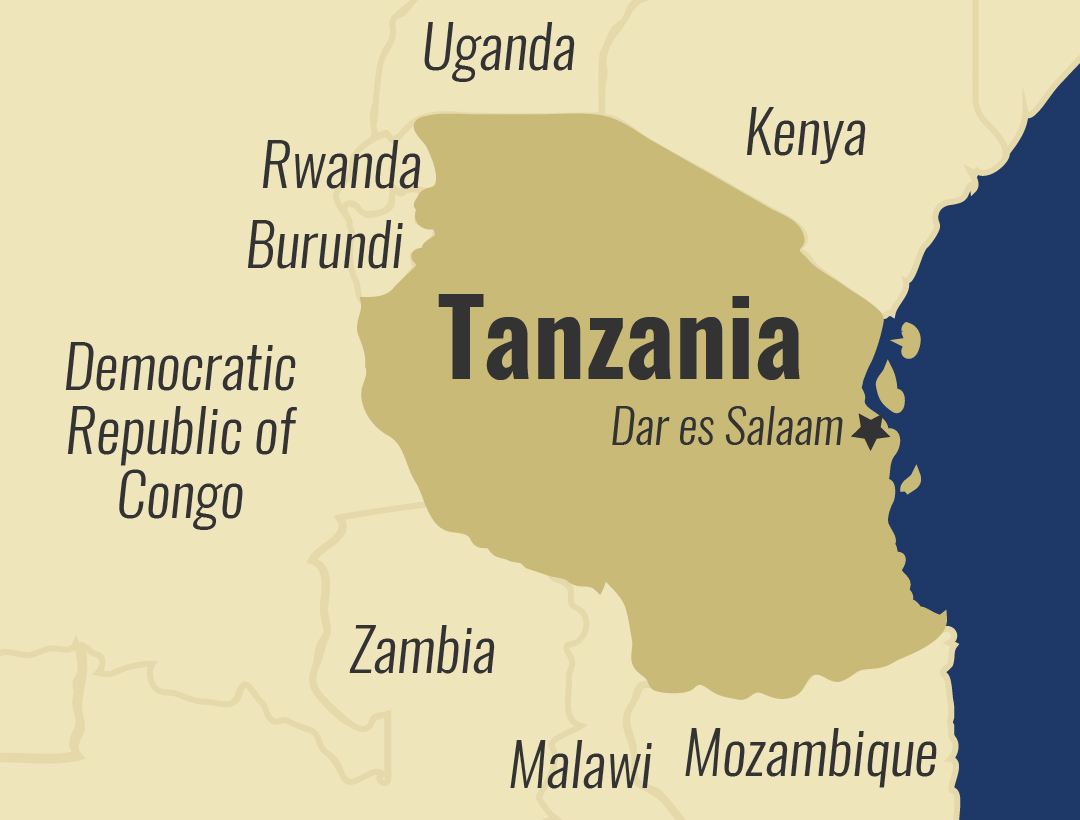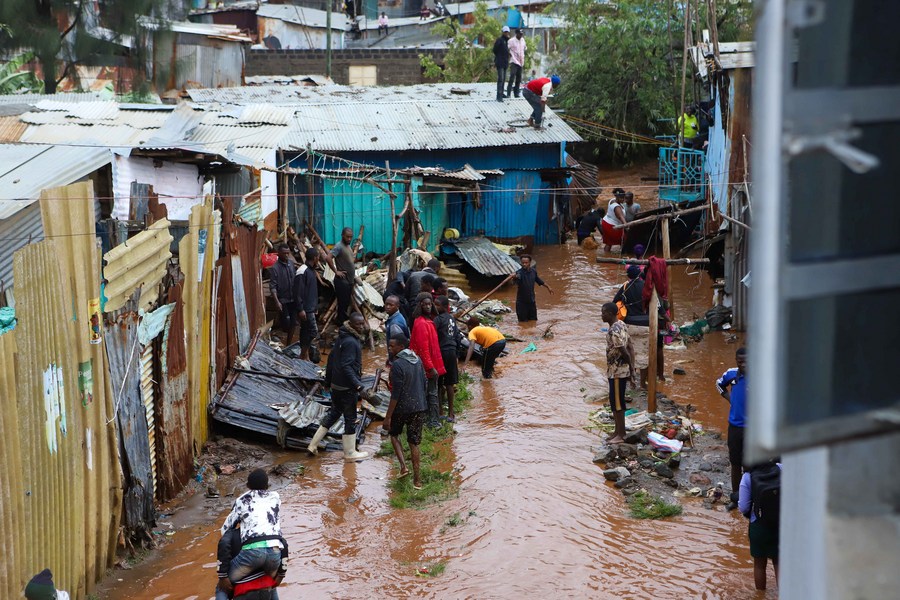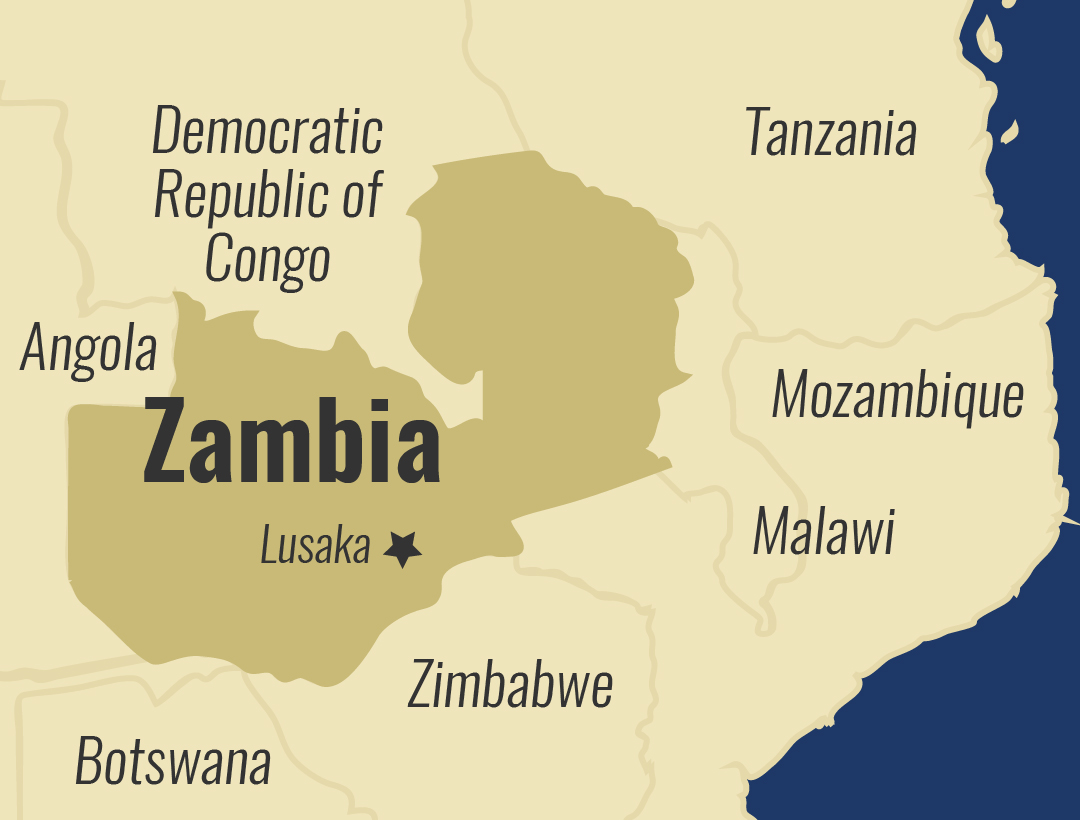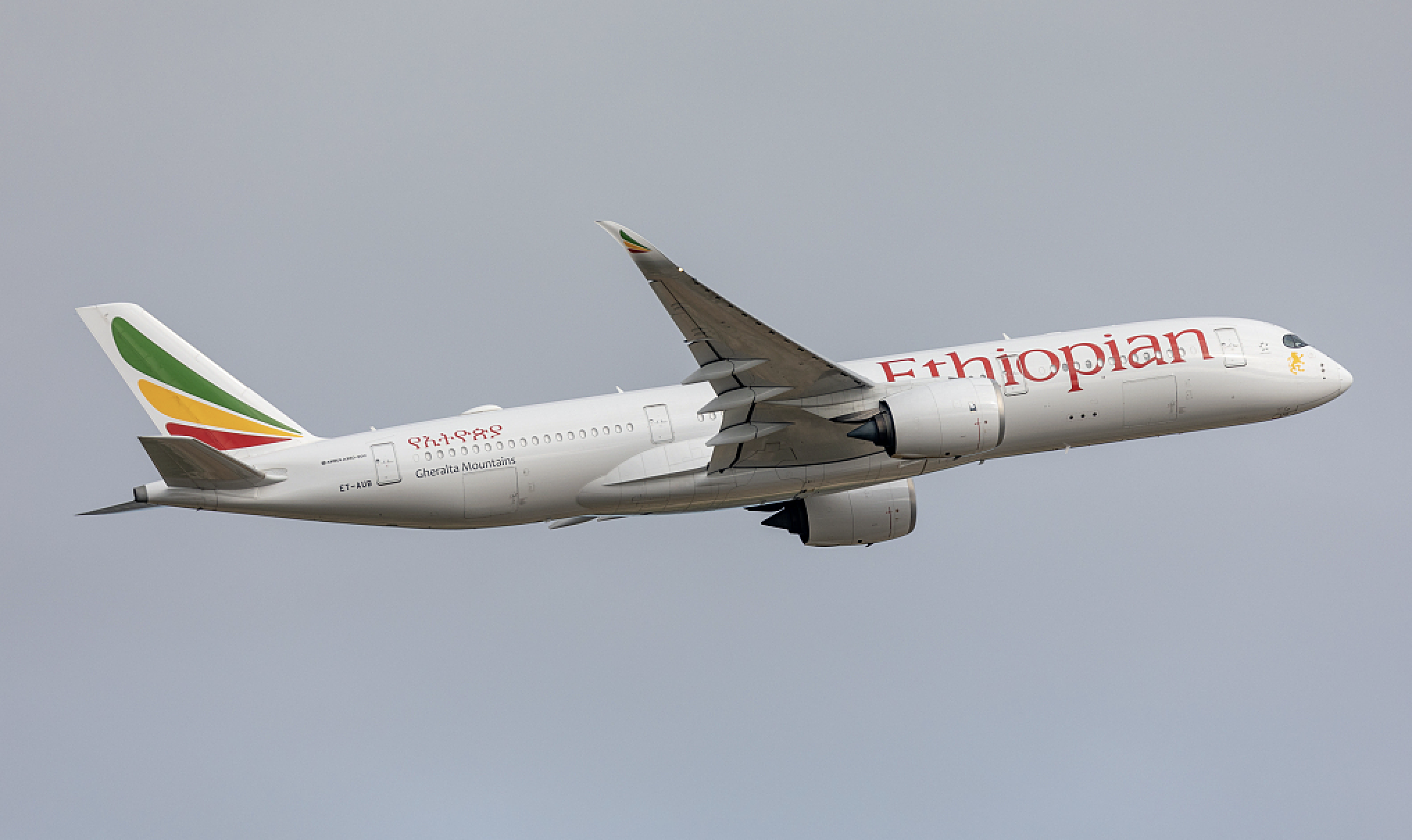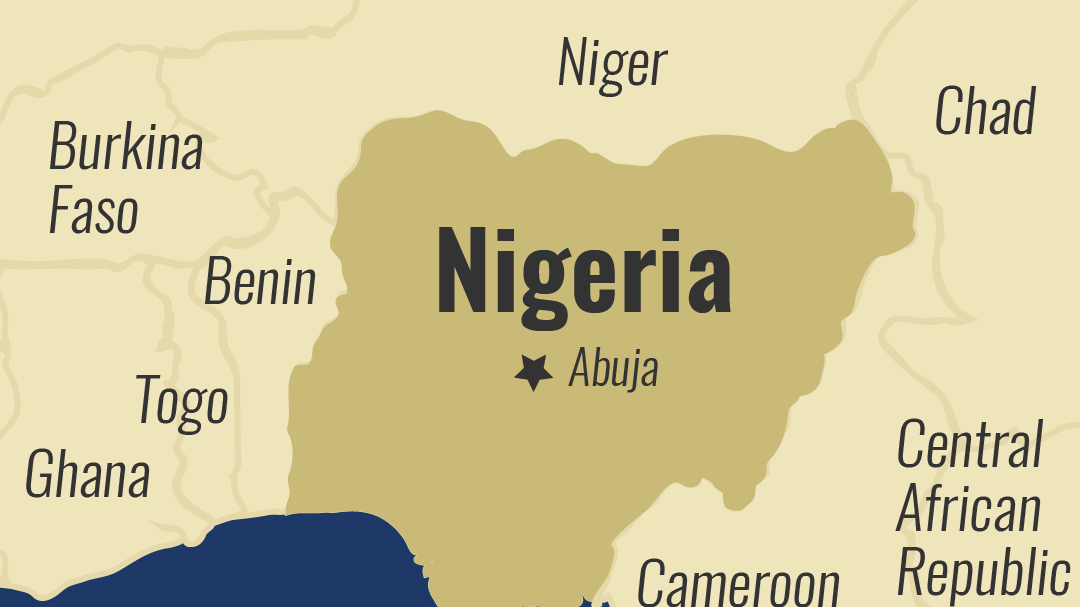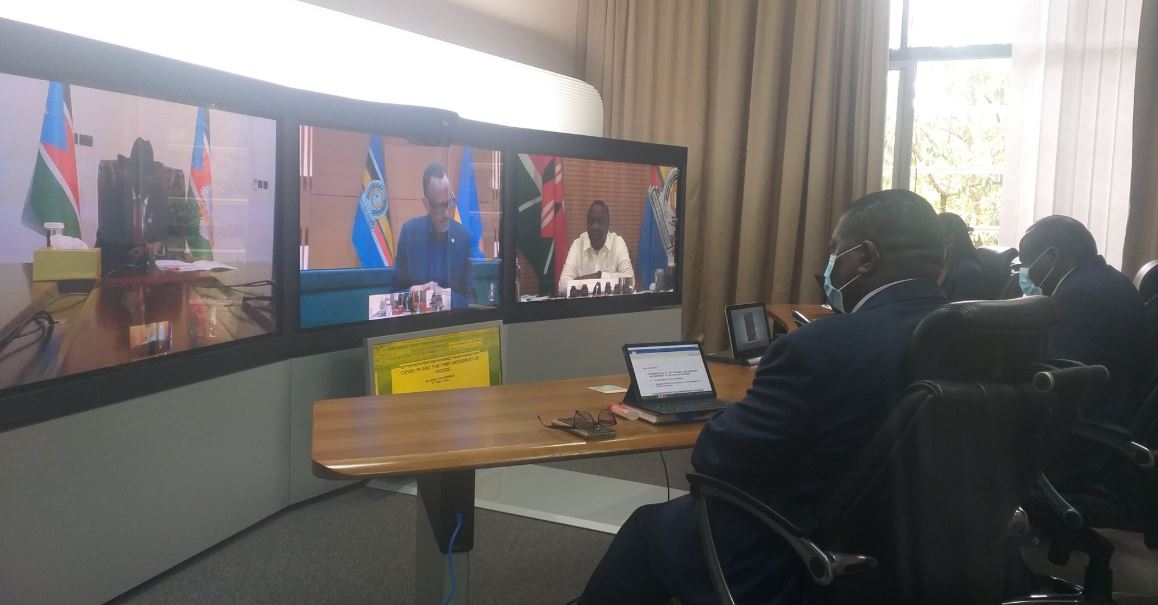
South Sudan, Burundi face expulsion from regional bloc for defaulting annual remittances

South Sudan and Burundi risk expulsion from the East African Community (EAC) after the East African Legislative Assembly (EALA) passed a resolution for their removal for failure to remit annual contributions.
The fate of the two countries now lies in the hands of the EAC Council of Ministers, who may recommend their expulsion from the community by the Heads of State.
“Although EAC Financial Rules and Regulations provide that the contributions from each Partner State shall be considered due on the 1st day of July in each financial year and shall be paid within the first six months of the financial year, Partner States continue to default and some remain in arrears throughout the financial year,” Kenya-based The East African newspaper quotes Abdikadir Aden, the chairperson of the EALA General Purpose-Budget Committee.
South Sudan was also suspended from the African Union for failure to remit contributions amounting to over $9 million.
EAC member states are required to pay $8 million every year to the bloc but according to the report by The East African, by 10 June Burundi had arrears of some $15 million while South Sudan owes $27.8 million.
Other EAC states that have arrears include Uganda ($1.6 million), Rwanda ($2.7 million) and Tanzania ($4.2 million). Kenya is the only country out of the six members that has fully paid its annual contributions.
“If one Partner State delays or withholds remittances, then there is a subsequent shortfall and repercussions. This is unfortunately becoming the new normal and there are now activities being suspended owing to lack of funds,” said Abdullah Hasnuu Makame.
The EAC is the regional intergovernmental organisation of Kenya, Uganda, Tanzania, Burundi and Rwanda with its headquarters in Arusha, Tanzania.
The body aims to widen and deepen co-operation among the partner states and other regional economic communities in, among others, political, economic and social fields for their mutual benefit.


